The Oxford University professor posits the emergence of ‘a new species’ stemming from algorithms.


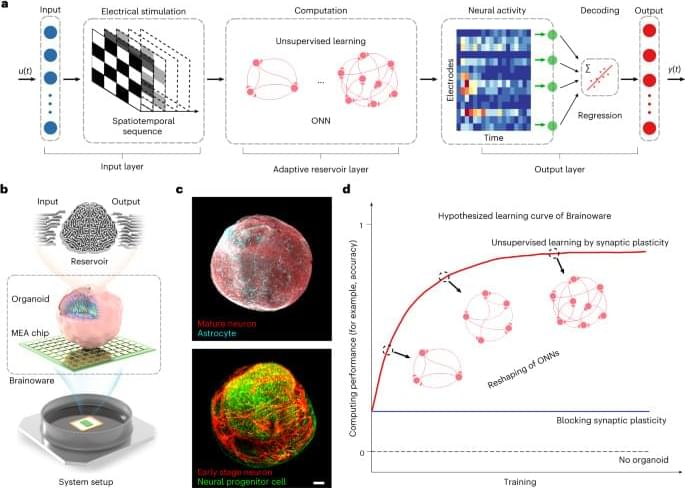
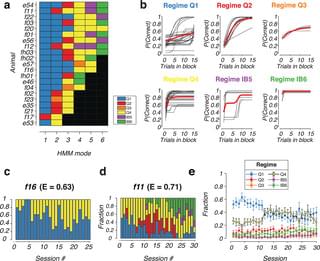
Humans and animals can use diverse decision-making strategies to maximize rewards in uncertain environments, but previous studies have not investigated the use of multiple strategies that involve distinct latent switching dynamics in reward-guided behavior. Here, using a reversal learning task, we showed that mice displayed a much more variable behavior than would be expected from a uniform strategy, suggesting that they mix between multiple behavioral modes in the task. We develop a computational method to dissociate these learning modes from behavioral data, addressing the challenges faced by current analytical methods when agents mix between different strategies. We found that the use of multiple strategies is a key feature of rodent behavior even in the expert stages of learning, and applied our tools to quantify the highly diverse strategies used by individual mice in the task. We further mapped these behavioral modes to two types of underlying algorithms, model-free Q-learning and inference-based behavior. These rich descriptions of underlying latent states form the basis of detecting abnormal patterns of behavior in reward-guided decision-making.
Citation: Le NM, Yildirim M, Wang Y, Sugihara H, Jazayeri M, Sur M (2023) Mixtures of strategies underlie rodent behavior during reversal learning. PLoS Comput Biol 19: e1011430. https://doi.org/10.1371/journal.pcbi.
Editor: Alireza Soltani, Dartmouth College, UNITED STATES
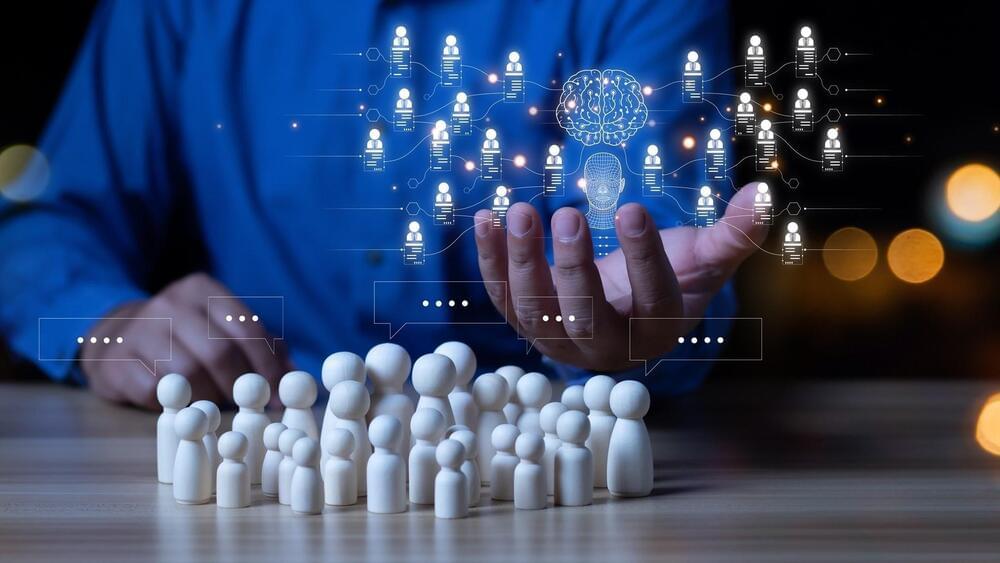
Steven Bartlett is the Founder of Social Chain, an entrepreneur, a podcaster and an author. How to become a functioning human is a difficult skill to work out. Should I focus on achieving goals or inner peace? Can I become confident without being arrogant? Thankfully Steven has spent the last 2 years distilling a ton of lessons into his new book, and today we get to go through my favourites. Expect to learn Steven’s equation for unbreakable discipline, the biggest lesson from dealing with mainstream media pile-ons, why there are so few actual practitioners in the world, how to stop being your biggest critic, why your weirdness is the ultimate competitive advantage, how Steven discovered he was riddled with fake ambition and much more…

Are bright cities making it worse for birds during their migrations? Find out here!
A recent study published in Nature Communications examines how increased levels of artificial light, specifically in urban areas, has contributed to increased bird deaths during their annual migrations. This study comes as hundreds of birds were killed after colliding with a Chicago building, and despite a 2021 study recommending that reduced building lights would reduce bird collisions by 60 percent. This recent study holds the potential to help scientists and the public better understand how rapidly expanding urban areas are impacting bird migration and their safety.
For the study, the researchers used the Next Generation Radar (NEXRAD), which is jointly operated by the U.S. Air Force, Federal Aviation Administration, and the U.S. National Weather Service, to track bird migration stopover density during spring (March 15 to June 15) and fall (August 15 to November 15) seasons between 2016 and 2020. After analyzing more than 10 million radar observations, the researchers found that light pollution was the second-highest ranked reason for birds stopping for breaks out of 49 reasons measured for the study, with the top reason being elevation.
“Cities pose multiple risks to migrating birds,” said Dr. Geoff Henebry, who is a professor at the Center for Global Change and Earth Observations at Michigan State University and a co-author on the study. “They also offer resources for the tired birds to rest and refuel. Our study is notable in that it combines big data – and a lot of processing – from the weather surveillance radar network with big data from multiple spaceborne sensors to address key questions regarding the influence of urban areas on bird migration.”
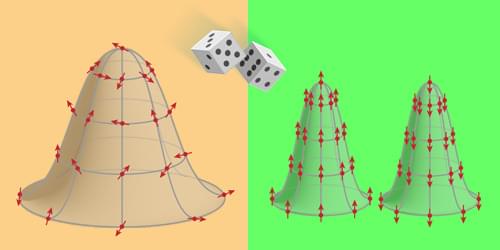
A proposed model unites quantum theory with classical gravity by assuming that states evolve in a probabilistic way, like a game of chance.
Physicists’ best theory of matter is quantum mechanics, which describes the discrete (quantized) behavior of microscopic particles via wave equations. Their best theory of gravity is general relativity, which describes the continuous (classical) motion of massive bodies via space-time curvature. These two highly successful theories appear fundamentally at odds over the nature of space-time: quantum wave equations are defined on a fixed space-time, but general relativity says that space-time is dynamic—curving in response to the distribution of matter. Most attempts to solve this tension have focused on quantizing gravity, with the two leading proposals being string theory and loop quantum gravity. But new theoretical work by Jonathan Oppenheim at University College London proposes an alternative: leave gravity as a classical theory and couple it to quantum theory through a probabilistic mechanism [1].
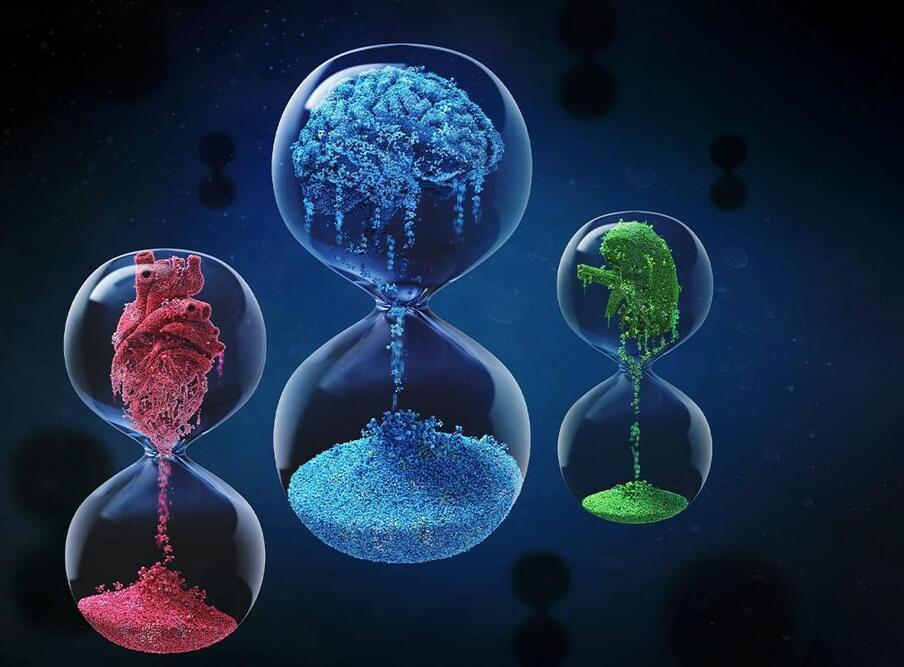


As we venture deeper into the digital era, the scope and possibilities of data and artificial intelligence (AI) in human resources (HR) are expanding at an unprecedented rate.
Johnson & Johnson deployed an AI-based writing tool, Textio, to identify unconscious bias in their job listings. Upon identifying a masculine tilt in the language of many of their job postings, they made some AI-driven adjustments that led to a 9% uptick in female applicants.
Unilever employs AI to streamline the initial stages of its recruitment process. Candidates are asked to play a number of games that test their logic, aptitude, reasoning, and appetite for risk. Then the HR team uses machine learning algorithms to assess candidates’ suitability for the role they have applied for, by matching their profiles against previously successful employees. This approach has not only improved the efficiency of Unilever’s recruitment process but also provided a more engaging candidate experience.
Data and AI are more than just buzzwords — they are the drivers of meaningful, beneficial change within HR. As businesses move forward in this digitally connected world, prioritizing the three HR domains we’ve discussed above can create a significant difference in achieving strategic goals and building a work environment where employees thrive.